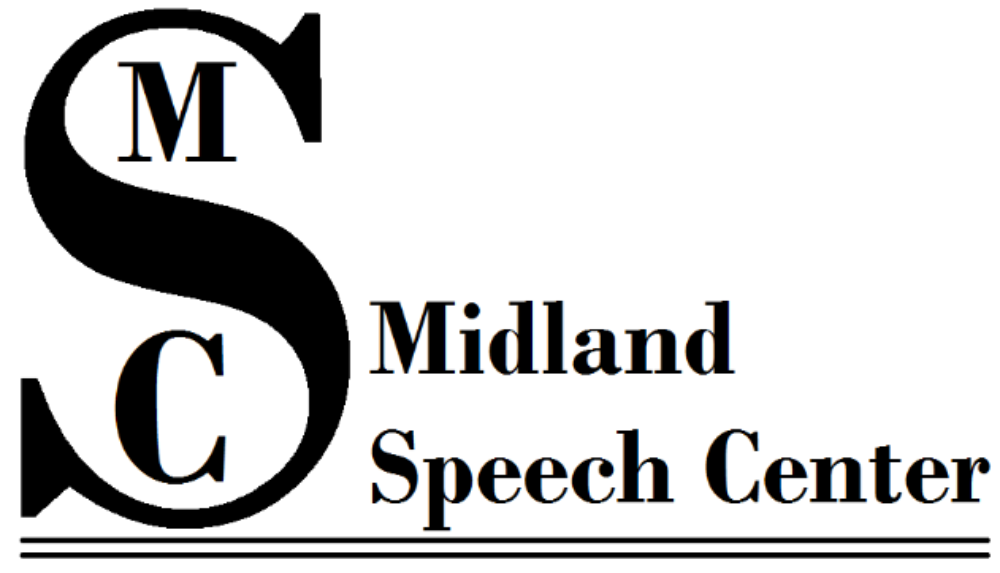Articulation and Phonological Disorders
Most children make some mistakes as they learn to say new words. A speech sound disorder occurs when mistakes continue past a certain age. Every sound has a different range of ages when the child should make the sound correctly. Speech sound disorders include problems with articulation (making sounds) and phonological processes (sound patterns).
Stuttering
Stuttering is a communication disorder in which the flow of speech is broken by repetitions (li-li-like this), prolongations (lllllike this), or abnormal stoppages (no sound) of sounds and syllables. There may also be unusual facial and body movements associated with the effort to speak. Stuttering is also referred to as stammering.
Tongue Thrust
Tongue thrust (also called reverse swallow or immature swallow) occurs when the tongue protrudes out of the mouth or forcefully against the back of the front teeth when swallowing or talking. Children with a tongue thrust often present with errors on certain sounds when they speak.
Childhood Apraxia of Speech (CAS)
CAS is a motor speech disorder. Children with CAS have problems saying sounds, syllables, and words. This is not because of muscle weakness or paralysis. The brain has problems planning to move the body parts (e.g., lips, jaw, tongue) needed for speech. The child knows what he or she wants to say, but his/her brain has difficulty coordinating the muscle movements necessary to say those words. Children with CAS are often extremely difficult to understand. CAS is often confused with other speech sound disorders and can only be diagnosed by a Speech-Language Pathologist
Cleft Lip/Palate
If a child has only a cleft lip, speech development should be typical or very close to typical. Children with cleft lip and palate or cleft palate only often need speech intervention to monitor speech development and to treat any speech delays or errors that they might develop. Some children will require speech therapy. Others will require further surgery. And others may require both.
Feeding Concerns
Feeding therapy helps infants and children with a wide array of feeding difficulties. Addressing feeding problems may be important for preventing or eliminating nutritional concerns, growth concerns including failure to thrive, unsafe swallowing which may lead to aspiration pneumonia and future poor eating habits/attitudes.
Expressive Language
Some children have problems talking, also called expressive language. They may have trouble:
- Asking questions
- Naming objects
- Using gestures
- Putting words together into sentences
- Learning songs and rhymes
- Using correct pronouns, like "he" or "they"
- Knowing how to start a conversation and keep it going
- Receptive Language
- Some children have problems with understanding, also called receptive language.
Receptive Language
Some children have problems with understanding, also called receptive language. They may have trouble:
- Understanding what gestures mean
- Following directions
- Answering questions
- Identifying objects and pictures
- Taking turns when talking with others
Voice Disorders
Some speech impairments may be due to abnormal vocal quality due to its pitch, resonance, or loudness. Voice disorders can be caused by vocal abuse or misuse, and other medical issues. If you suspect you have a vocal impairment, it is best to consult with an ENT first to rule out any medical conditions.
Pragmatic Language Deficits
Deficits in social skills, also called pragmatic language, are typically associated with Asperger's Syndrome and Autism Spectrum Disorders. Your child may have problems using social skills to connect with other people. He may seem to be in his own world. It may be hard for him to
- share a common focus with another person about the same object or event-known as joint attention;
- play with others and share toys;
- understand feelings;
- make and keep friends.
